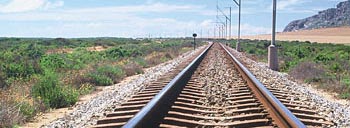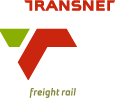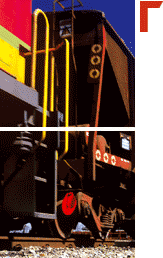
Environmental Resources
Keeping Green
Transnet Freight Rail is moving towards integrated and formalised Safety Health Environmental Quality (SHEQ) management systems, in order to ensure proactive management of internal operational activities with potential risks to the business.
In order to achieve this, the SHEQ policy has been developed as a first step towards the integration process, and it articulates the organisational goal relating to SHEQ management.
Policies, guidelines and environmental management plans are in place and periodic risk assessments are undertaken for new and existing processes. Further integration of environmental aspects into capital investment projects continues through the screening of business cases for potential environmental impacts.
Annual environmental audits of business infrastructure and operations continue to identify areas of non-conformance and excellence. Legal contraventions are recorded and responded to appropriately, while rehabilitation of derailment sites is prioritised.
Transnet Freight Rail ensures that environmental impact studies are concluded in compliance with Chapter 5 of the National Environmental Management Act, 1998, for identified activities, for example the new railway line at Coega, upgrading of the Coal and Iron Ore lines and General Freight business lines.
A number of environmental impact studies conducted in the financial year 2006/07 include, in some cases, exemptions from Government Notices No. R.385 as promulgated under Chapter 5 of the National Environmental Management Act, 1989, are granted in terms of Sections 51 to 55 of the Environmental Impact Assessment Regulations by appropriate authorities.
These include the construction of Welverdiend link line, conversion of tier stations into substations on the Coal line, upgrading of yard lighting at Depots, construction of access road in Richards Bay, and construction of crossing loops between Kalbaskraal and Langeinheid.
Several projects such as the Diesel Traction Fuelling (DTF), Hydrocarbon Pollution Elimination (HPE), and Water Pollution Elimination (WPE) were introduced to manage the degree of pollution and rehabilitation. A countrywide Asbestos clean-up programme is being pursued.
As part of the sustainability reporting, Transnet Freight Rail recognises the risks of climate change on the business, and the contribution of our operations to this global phenomenon.
Research is currently underway on the effects of climate change on the business, particularly regarding Transnet Freight Rail processes and activities that are vulnerable to climate change. The outcome of the research will assist in better decision-making and proactive planning of the business operations.

